SUMMARY
This is AI generated summarization, which may have errors. For context, always refer to the full article.
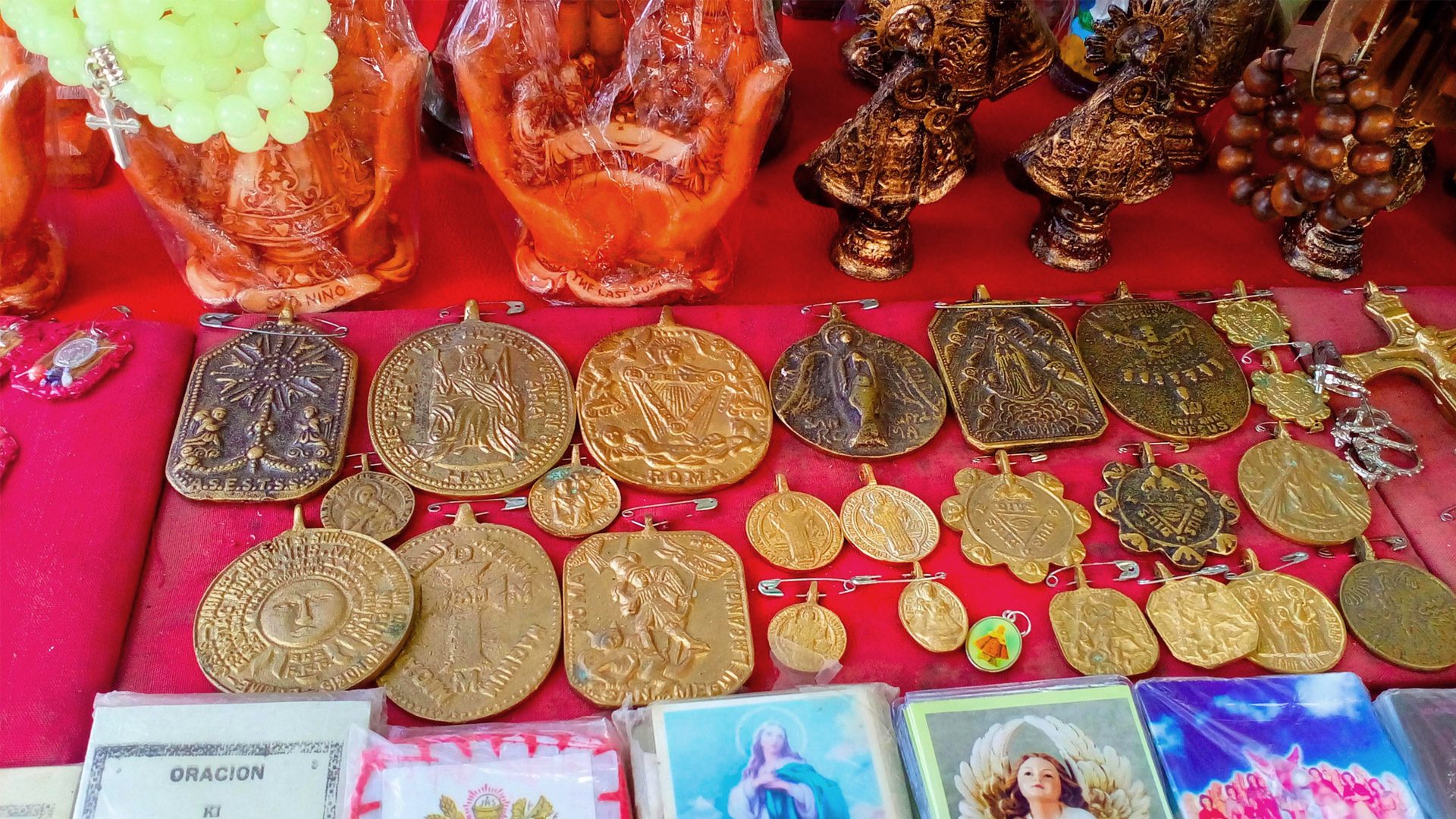
GENERAL SANTOS, Philippines – Superstition runs deep in Filipino culture, particularly in rural areas where beliefs are often a mixture of indigenous traditions and diverse religious practices brought by colonizers. In these areas, superstitions still shape daily life, influencing everything from how people plant crops to how they care for their health.
One of the most widely held beliefs in rural areas is the use of anting-anting (amulets) which are thought to provide protection and good luck. Even in the 21st century, many still believe that these objects, ranging from stones to small pieces of metal or cloth, have the power to ward off evil spirits and protect them from harm.
During the Holy Week, superstitions become more pronounced in rural communities. In the village of Lanton in General Santos City in the Soccsksargen region, faith healer Juan Matute, also known as Master Matute, believes that the best time to renew his supernatural powers is exactly at 3 pm on Good Friday, when “Jesus is dead.”
He has been fasting and trekking to remote hinterland areas on Good Fridays to perform rituals and offer spirits food to renew the powers of his anting-anting, usually under huge balete trees or inside caves.
Matute prepares his lana, a concoction of healing lotion with coconut oil as the main ingredient, during Good Fridays. He brings food with him as “offerings to spirits” who are then expected to give his lana its healing powers.
He claims that the oil has lesser curative effects if the rituals are not done during this time, although he gave no clear explanation why.
Matute has a significant following in General Santos and neighboring provinces, and claims to be able to heal an ailment remotely, even with only text message information.
He also claims to help those who wish to know what’s causing their ailments and whether they should see physicians instead. He performs his healing rituals only for those who cannot afford expensive medical treatments.
Another common superstition is that making loud noises or engaging in frivolous activities on Good Fridays is a no-no because it is considered a time for solemn reflection. Taking a bath during Good Fridays is also believed to wash away the blessings that one has received throughout the year.
However, 70-year-old Virginia Vicente, a known manghihilot (folk therapist) in Labangal village, frowns on the common practice among some faith healers to not take a bath during Holy Week.
She recalls that during her younger days, they were prohibited by their elders from taking a bath and making noises or going out of the house on Good Fridays because “supernatural beings supposedly roamed around because Jesus was dead.”
T’yay (Aunt) Virginia, as she is fondly called, said that while it is different now and people prefer to leave their homes and go to resorts or elsewhere to party and make loud noises instead of praying, one should avoid getting hurt and injured during Good Fridays as much as possible because “it will take time to heal,” although she did not say why.
Despite the seeming irrationality of these beliefs, they continue to play an important role in rural Filipino culture. For many people in these areas, these superstitions provide a sense of comfort and security in an uncertain world.
Whether through amulets or traditional healing practices, superstitions continue to shape the lives of many Filipinos, connecting them to a rich cultural heritage passed down through generations. – Rappler.com
Add a comment
How does this make you feel?

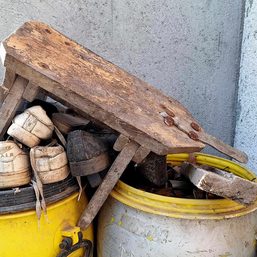



![[The Slingshot] No, no, no, National Museum! The Boljoon artifacts do not belong to you!](https://www.rappler.com/tachyon/2024/02/tl-boljoon-artifacts-nat-museum-02242024.jpg?resize=257%2C257&crop=270px%2C0px%2C720px%2C720px)

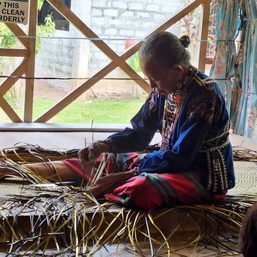
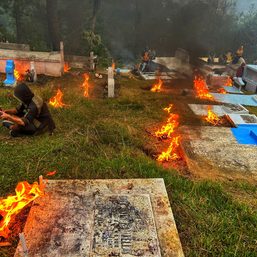
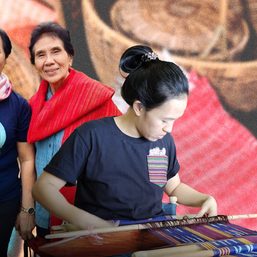





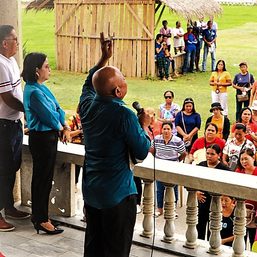
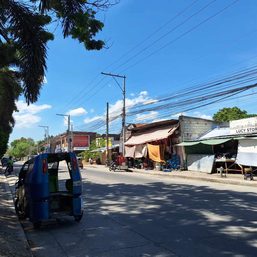

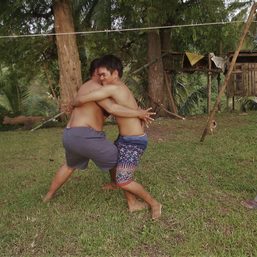

There are no comments yet. Add your comment to start the conversation.